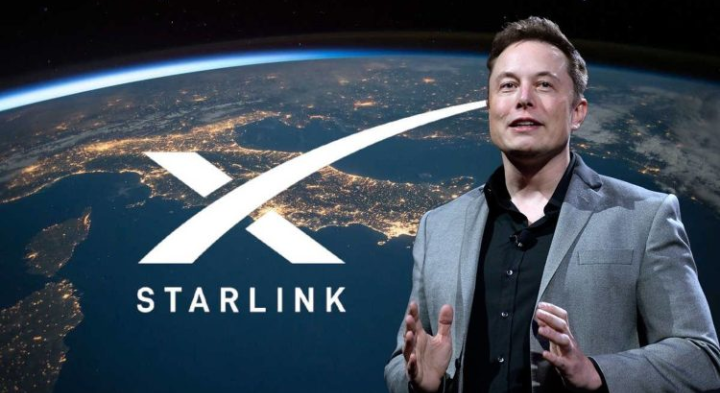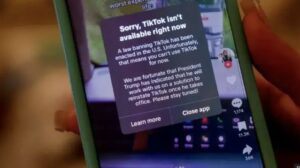Kenyans have taken to social media and other platforms to voice their concerns regarding a potential partnership between Elon Musk’s satellite internet company, Starlink, and Safaricom.
This partnership, if it happens, could potentially change the course of Kenya’s telecommunications sector.
However, many Kenyans are urging Musk to tread carefully, fearing that such a move could compromise the promise of affordable, high-speed internet and leave consumers at the mercy of Safaricom’s dominant grip on the industry.
Safaricom has long been the dominant player in Kenya’s telecom market, controlling nearly 65% of the mobile and data services sector.
While the company has pioneered several innovations, such as its revolutionary mobile money service M-Pesa, it has also faced criticism for monopolistic practices that have stifled competition.
Many consumers feel that Safaricom’s control of the market has led to high prices and limited options for customers, especially in rural areas where internet services are already scarce and expensive.
With Starlink entering the Kenyan market in 2023, many saw it as a potential game-changer.
Starlink’s promise of fast, affordable satellite internet has been welcomed by both urban and rural users, particularly those in underserved regions where local ISPs struggle to provide reliable services.
Starlink’s innovative technology, which can deliver internet to even the most remote areas, represents a big leap forward in Kenya’s connectivity aspirations.
However, Safaricom’s lobbying efforts to force Starlink into a partnership have sparked fears that this move could block or majorly restrict the satellite company’s operations, especially if it results in Starlink having to compromise its pricing or service delivery model.
Some see this as an attempt by Safaricom to maintain its monopoly, as the partnership could mean Starlink would have to rely on Safaricom’s infrastructure, effectively reducing competition.
Reports suggest that Safaricom has been pressuring Kenya’s regulators, including the Communications Authority of Kenya, to implement rules that would prevent satellite providers like Starlink from operating independently without local partnerships.
The intention, according to critics, is to safeguard Safaricom’s dominance by limiting new market entrants.
This push from Safaricom has heightened the concerns of Kenyan consumers who were hoping that Starlink would disrupt the market and drive down the cost of internet services.
A partnership with Safaricom, they argue, would reduce the competitive edge that Starlink offers, leading to the same high prices that consumers already endure under Safaricom’s services.
Kenyans, particularly on social media, have warned Elon Musk about the implications of partnering with Safaricom.
Many argue that such a move would undermine Starlink’s core mission of providing affordable internet access, particularly to rural and underserved communities.
Others have pointed to Safaricom’s past behavior when dealing with disruptive technologies, noting that the company often uses legal and regulatory loopholes to maintain its dominance.
For instance, Safaricom was accused of stalling the introduction of Equity Bank’s thin-SIM technology, which was set to disrupt Safaricom’s mobile money monopoly with M-Pesa.
Similarly, many now fear that Safaricom could employ the same strategies to delay or limit Starlink’s full market entry, keeping internet prices high for Kenyan consumers.
The debate over Starlink’s potential partnership with Safaricom has opened up broader discussions on the state of Kenya’s telecom industry and the role of competition in driving innovation and affordability.
For Elon Musk and Starlink, the path ahead in Kenya is not without its challenges.
Should Musk choose to partner with Safaricom, he risks alienating the very customers who are excited about Starlink’s arrival and the promise of cheaper, more reliable internet.
Conversely, rejecting the partnership could see Starlink face regulatory hurdles that could slow down its rollout.
In either case, Kenyans are watching closely, hoping that Musk makes a decision that prioritizes competition and the needs of the consumer over corporate monopolies.
For many, the dream of fast, affordable internet depends on it.





















Add Comment